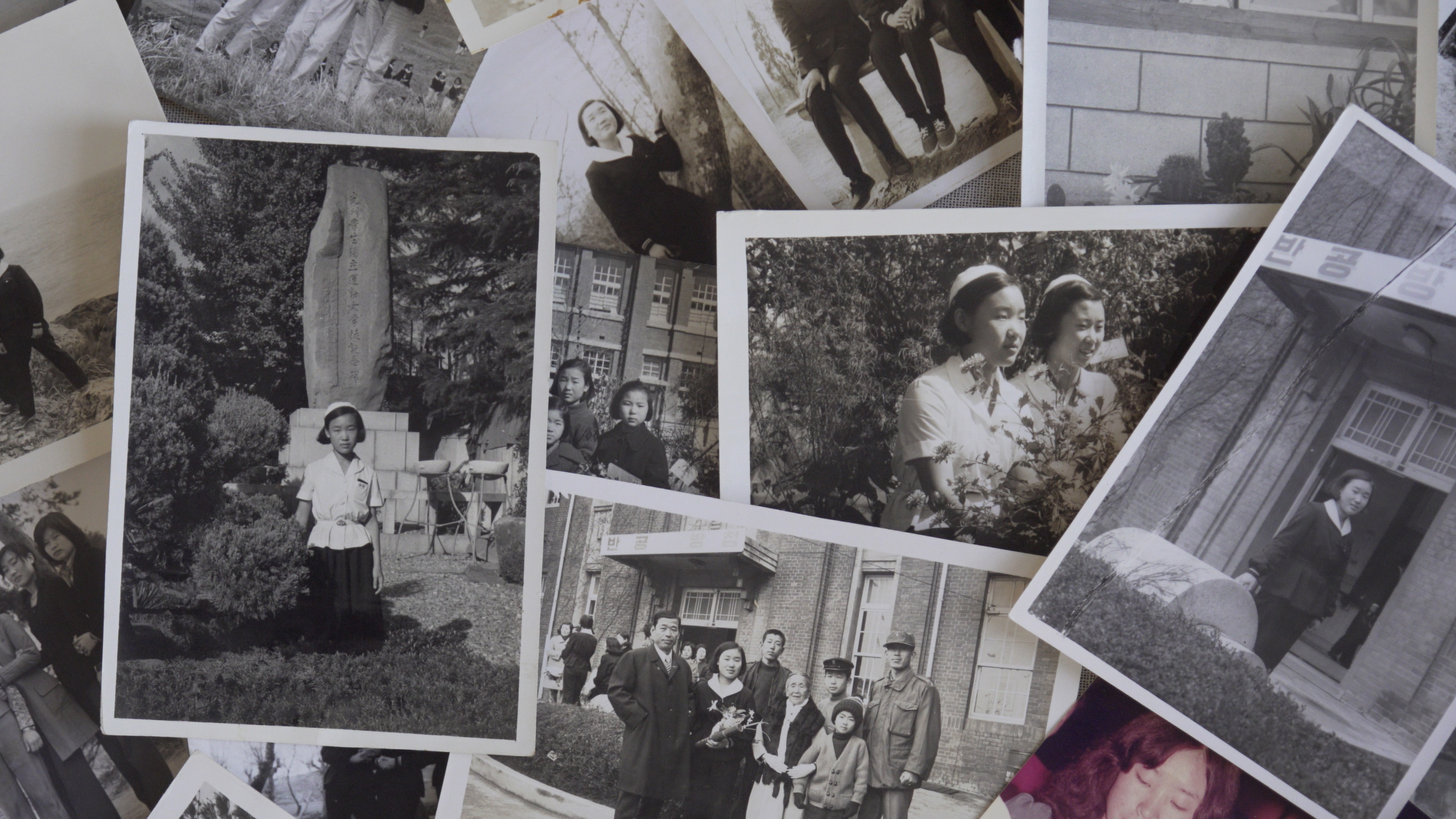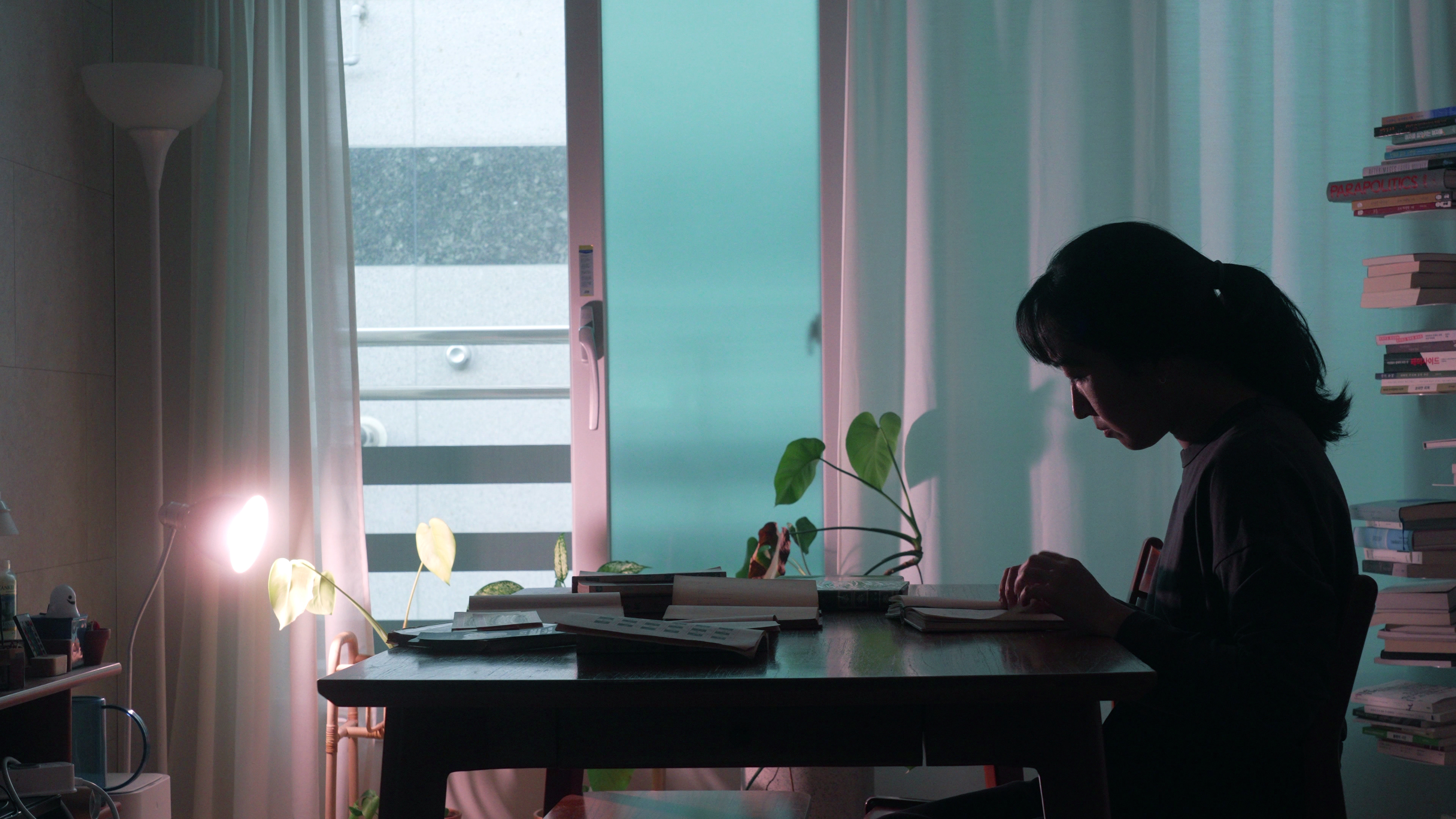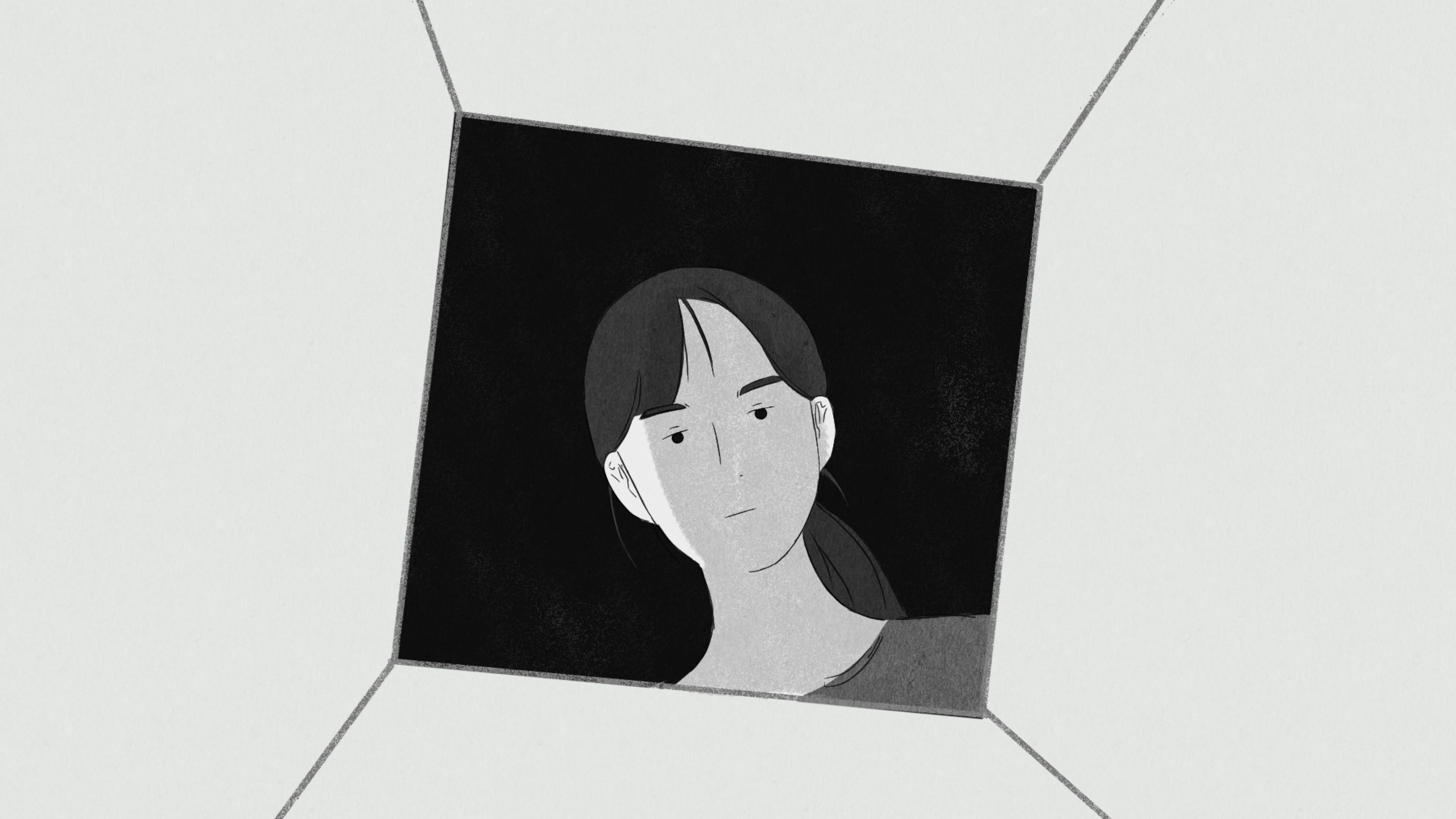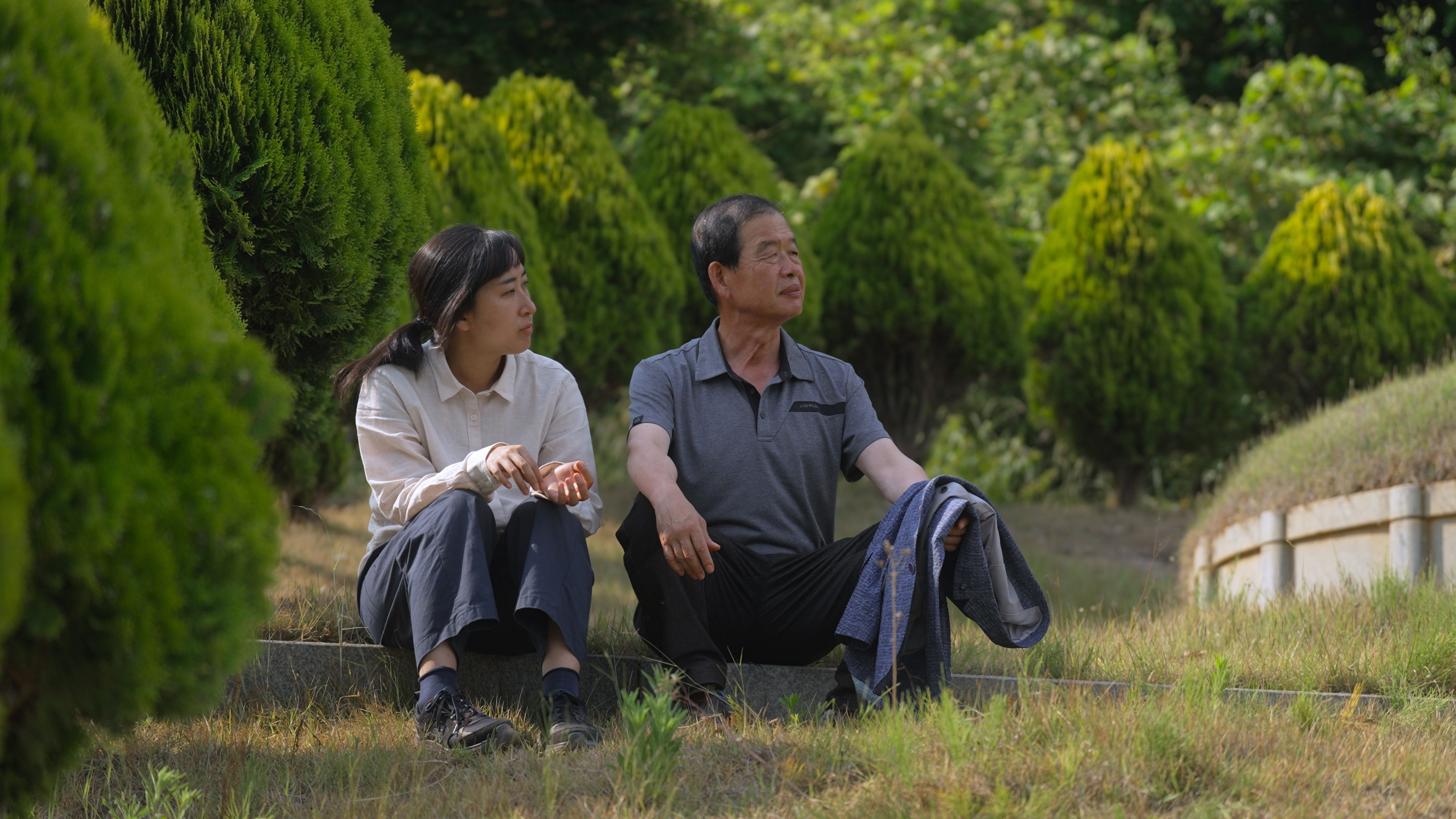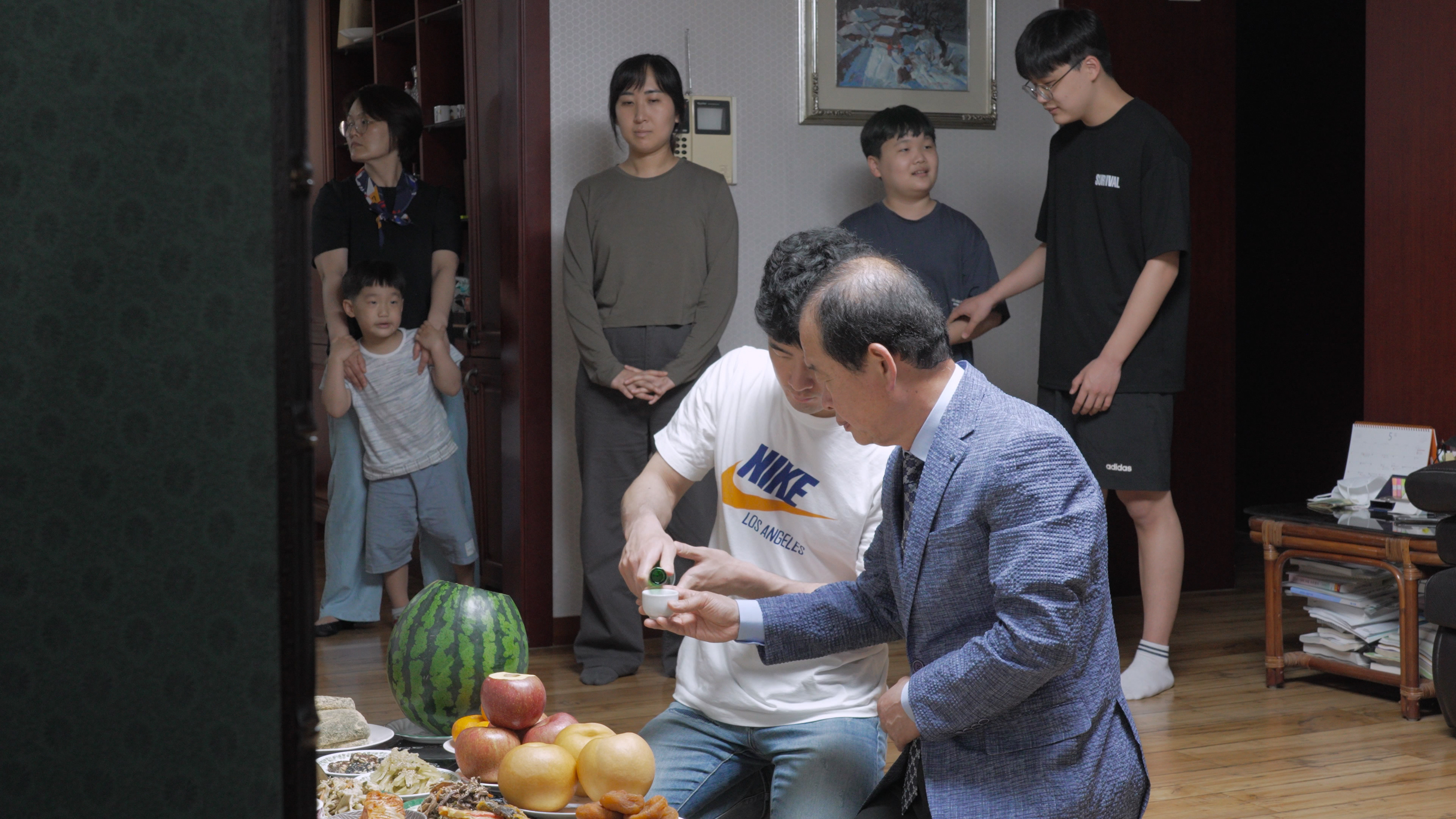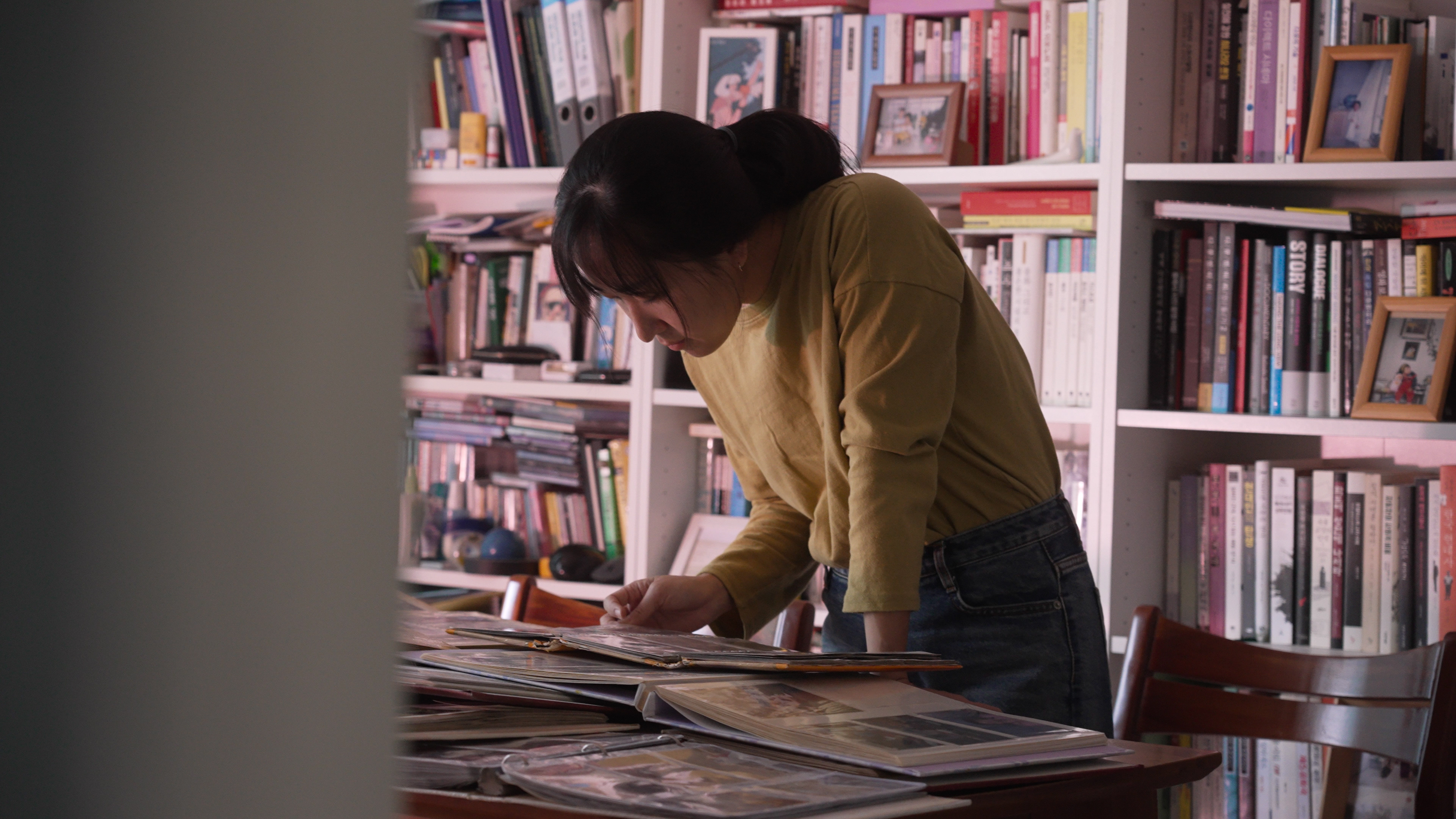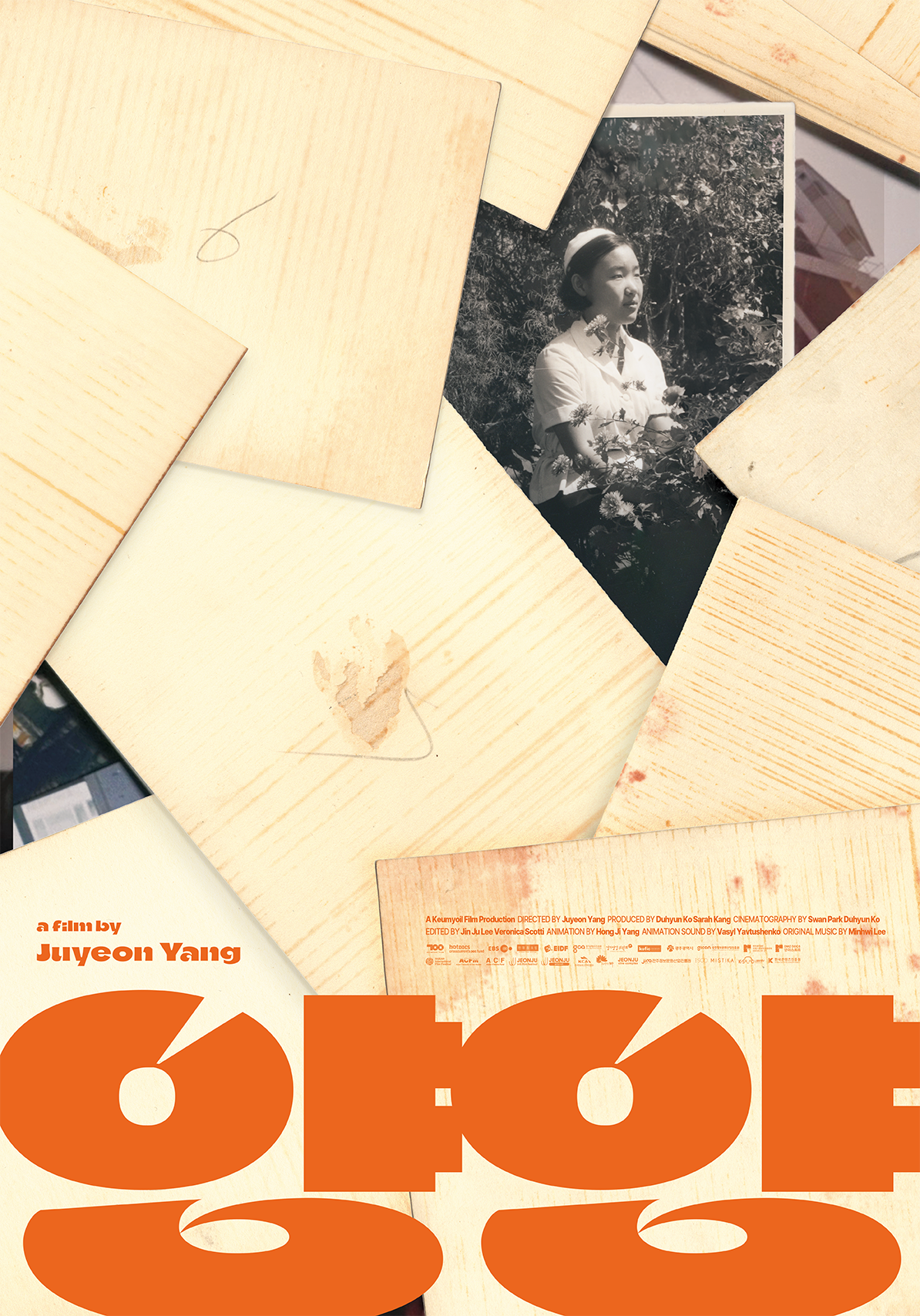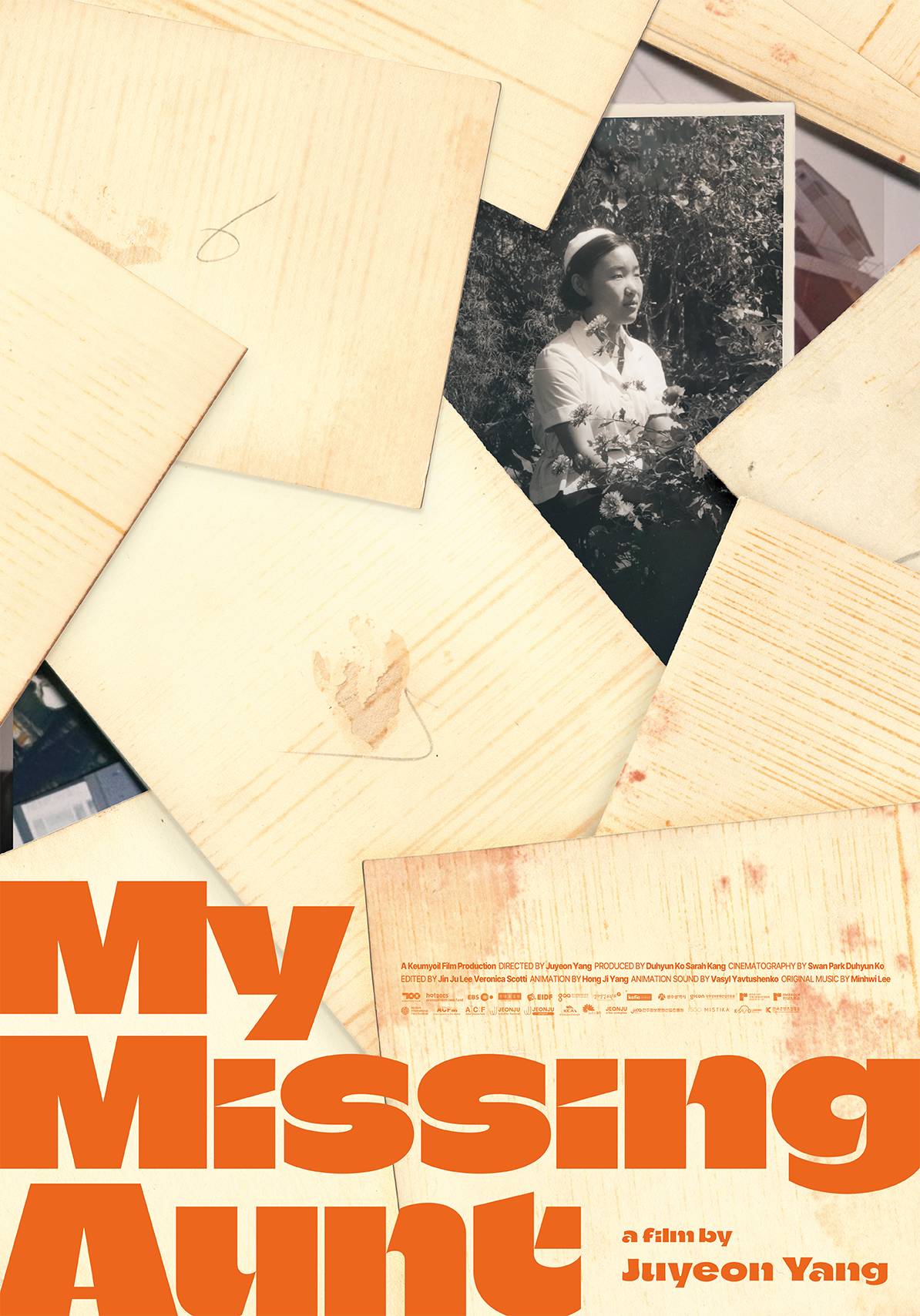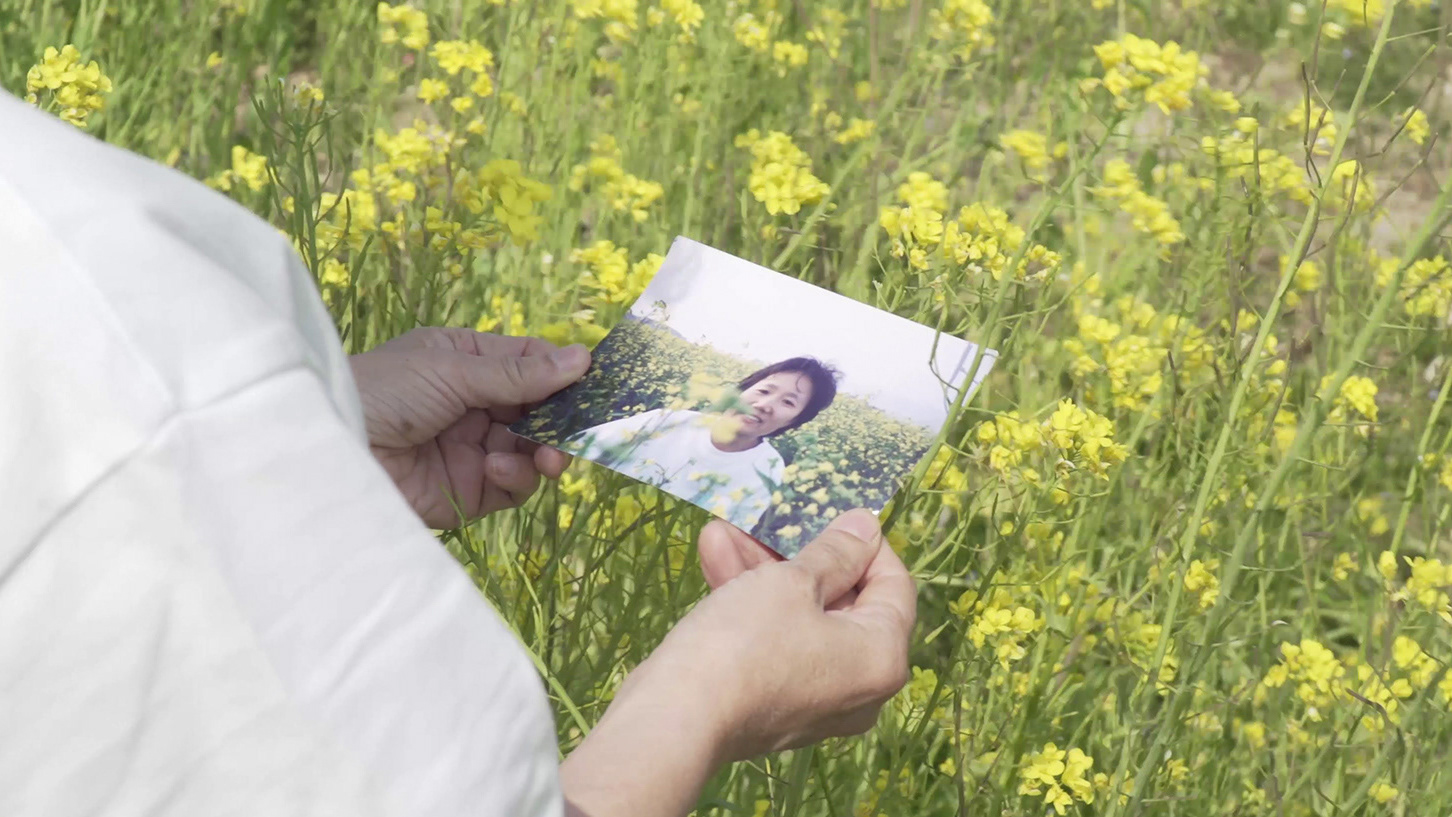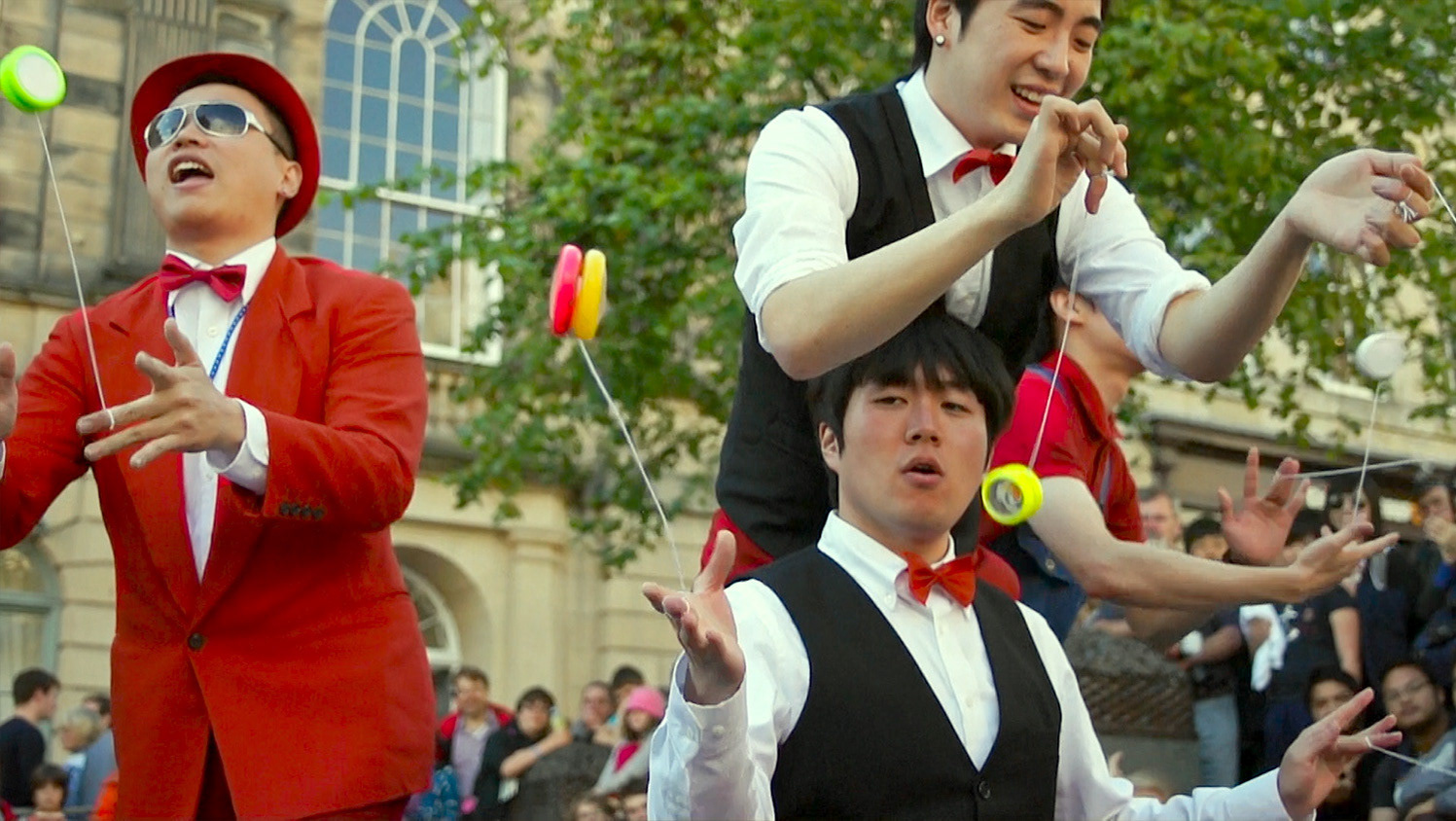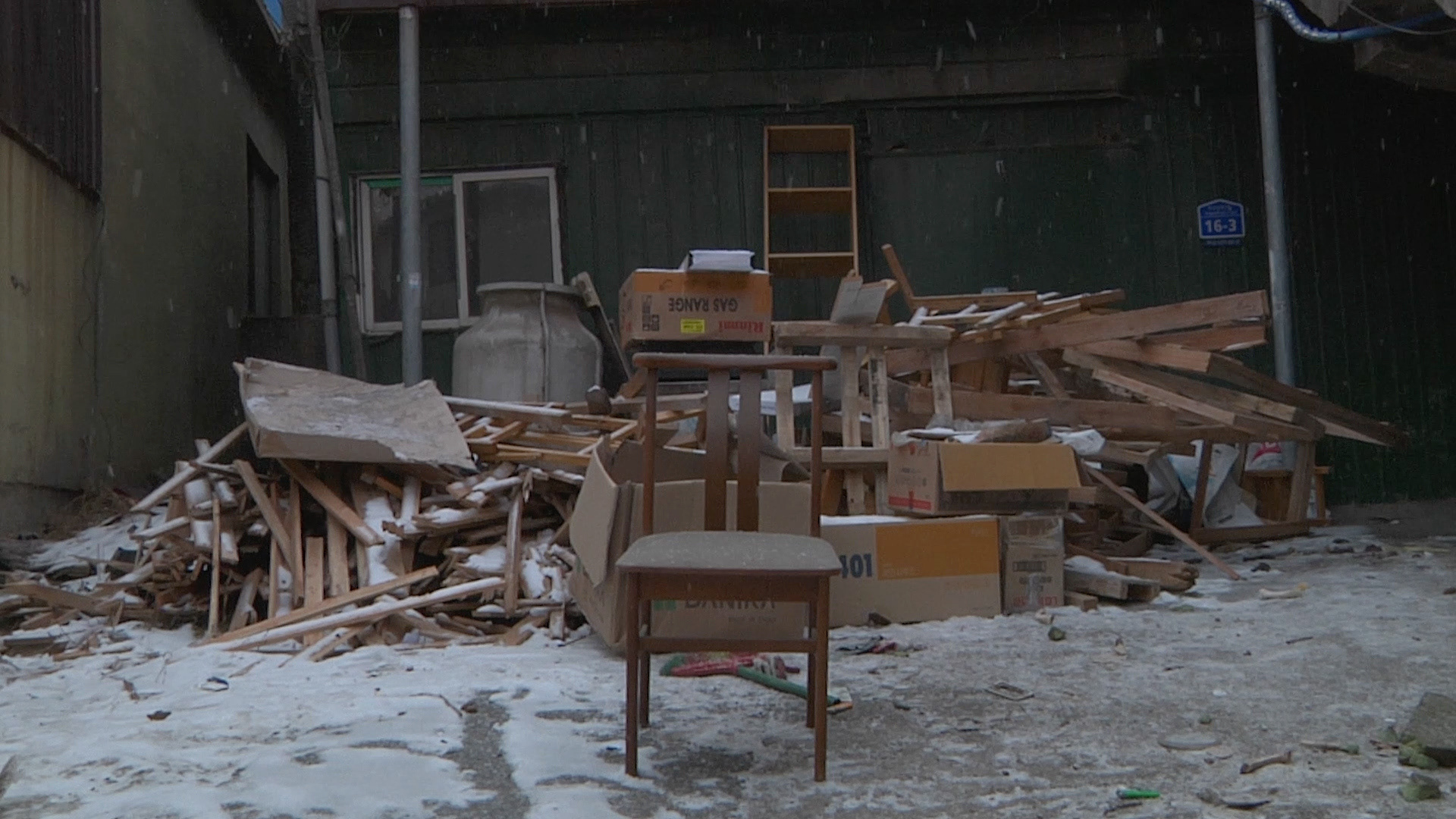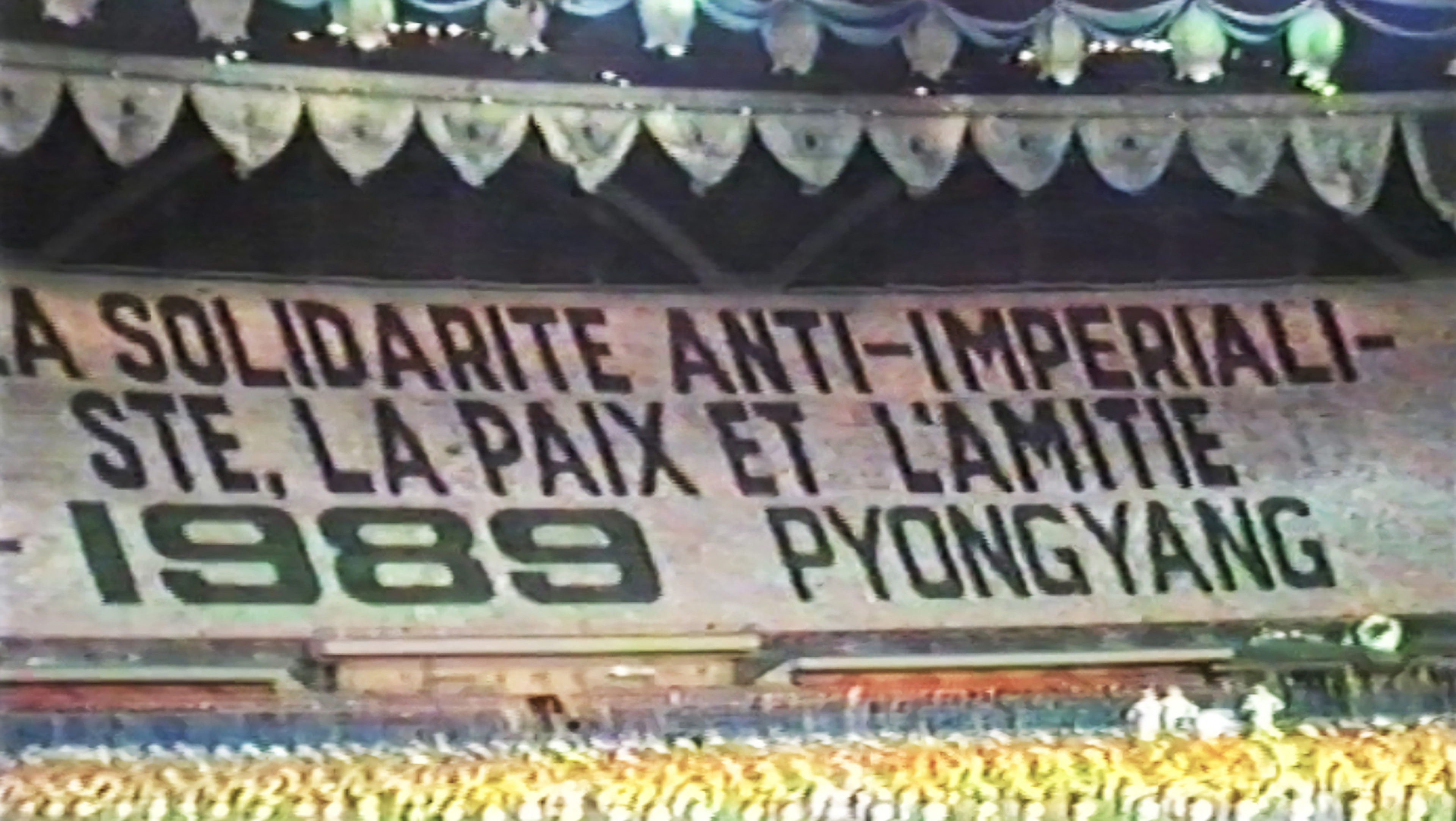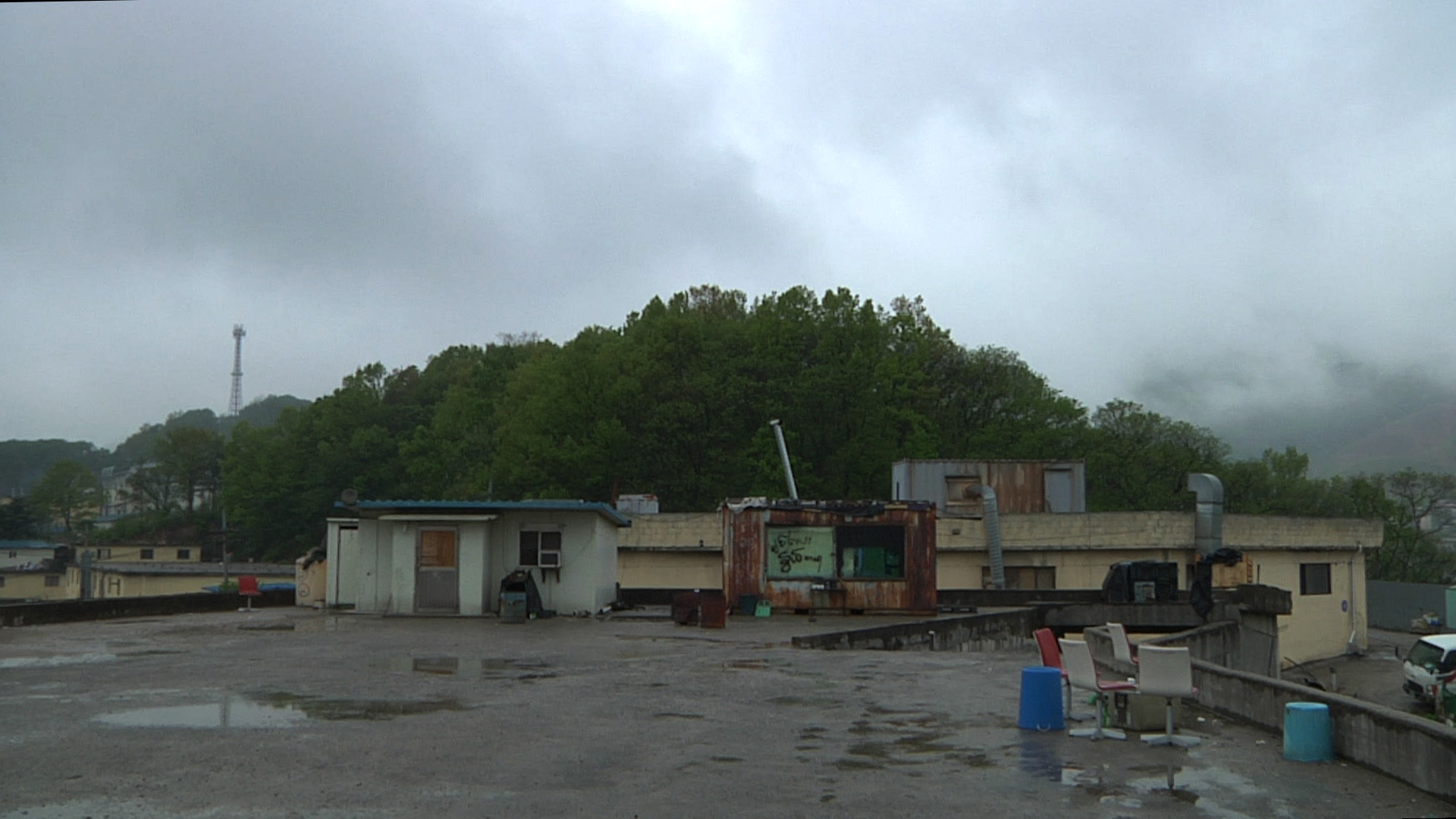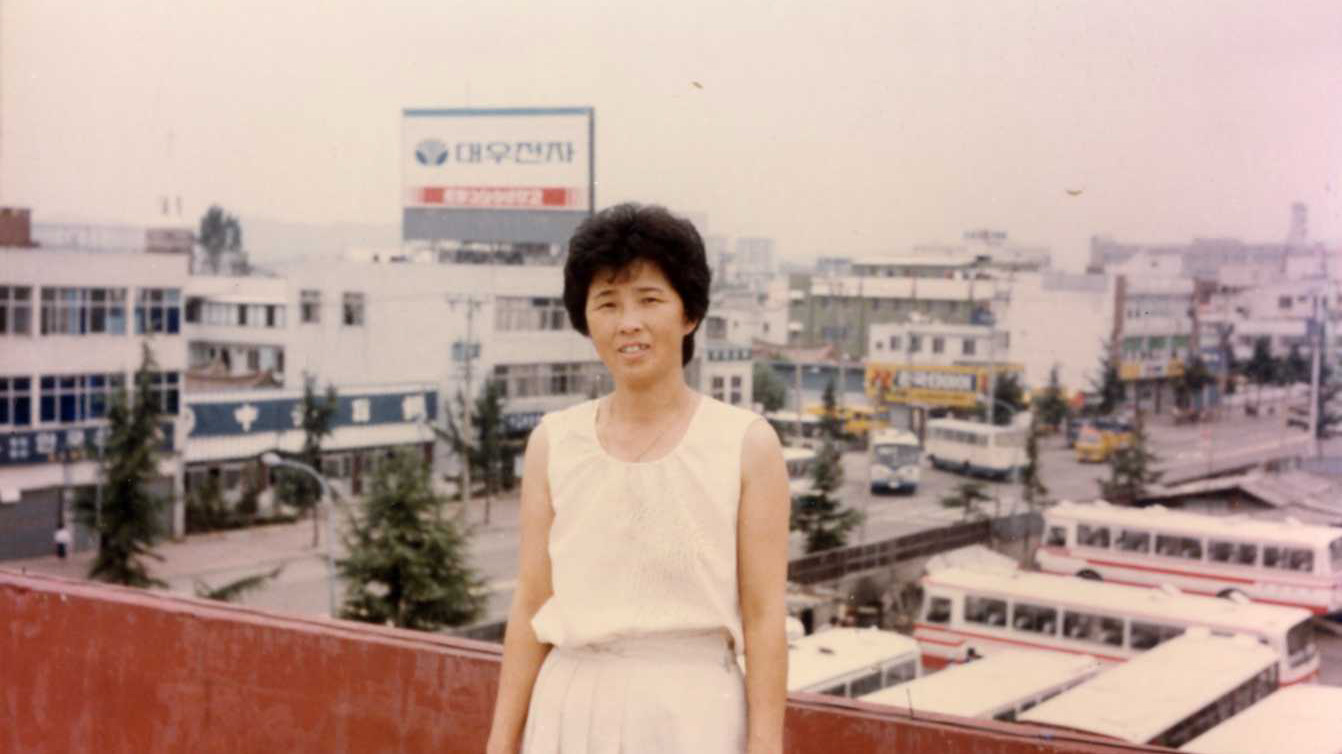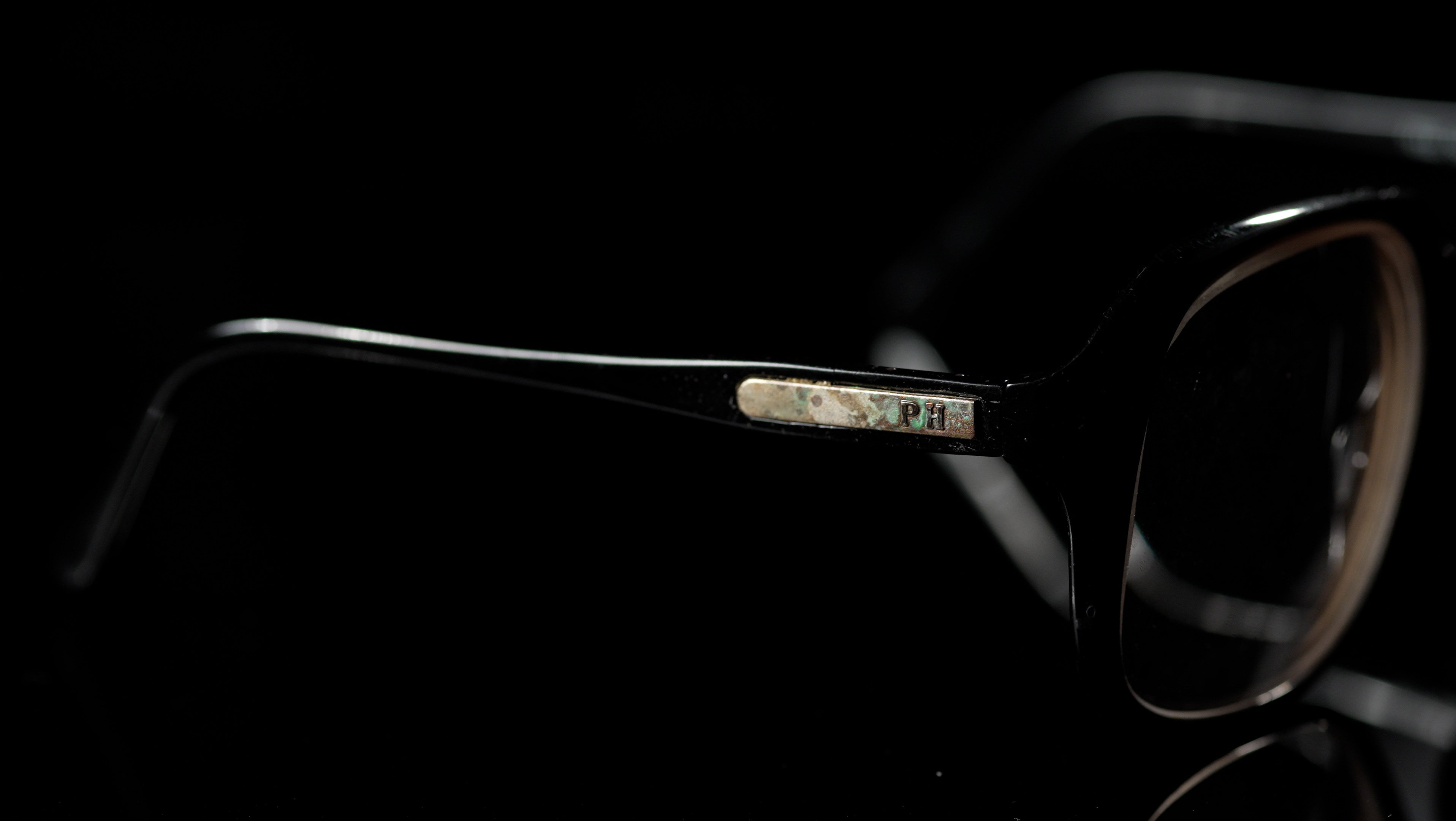My Missing Aunt 양양
Korea|2024|78min|Documentary
Synopsis
On a wintery night, a filmmaker Juyeon receives a call from her father. In his drunken voice, he leaves strange remarks, “Don’t become like your aunt who committed suicide.” Stunned by the family secret, she starts chasing the traces of her aunt who has a striking resemblance with her. Juyeon breaks the suffocating silence and recreates her aunt’s lost voice through animation.
어느 겨울밤, 주연은 아빠에게서 걸려 온 전화를 받는다. 아빠는 술에 취해 혀가 꼬인 목소리로 “고모처럼 되지 말라”는 말을 남긴다. 그날 40년전 자살한 고모의 존재를 처음 알게 된 주연은 가족의 수치스러운 비밀이된 고모의 흔적을 추적한다. 그동안 역사속에서 지워져온 여성들을 기억하며, 주연은 애니메이션을 통해 고모의 잃어버린 목소리를 찾아간다.
Staff
DIRECTOR. 양주연 YANG Juyeon
PRODUCER. 고두현 KO Duhyun, 강사라 KANG Sarah
ANIMATION DIRECTOR. 양홍지 YANG Hong Ji
CINEMATOGRAPHER. 박수환 PARK Swan, 고두현 KO Duhyun
EDITOR. 이진주 LEE Jin Ju, 베로니카 스코티 Veronica SCOTTI, 이연정 LEE Yeonjung
COMPOSER. 이민휘 LEE Minwhi
ANIMATION SOUND DESIGN. 바실 야브투셴코 Vasyl YAVTUSHENKO
Festivals/Awards
25th Jeonju International Film Festival (2024) - Korean Competition
21st EBS International Documentary Film Festival (2024) - Festival Choice
26th Seoul International Women's Film Festival (2024) - Korean Panorama, Here & Now
15th Women's Film Festival in Gwangju (2024) - Opening Film
11th Busan Women's Film Festival (2024) - Competition / Grand Prize
50th Seoul Independent Film Festival (2024) - Festival Choice
11th Budapest International Documentary Film Festival (2025) - Competition
32nd Hot Docs Festival (2025) - Persister
1st Guadix Iridescent International Film Festival (2025) - Competition / Best Feature Documentary
3rd International Film Festival of the Province of Buenos Aires (2025) - International Documentary Competition
20th Korean Film Festival in Paris (2025) - Portrait
6th Yellowstone International Film Festival (2025) - Documentary Feature Films Competition
제25회 전주국제영화제 (2024) - 한국경쟁
제21회 EBS국제다큐멘터리영화제 (2024) - 페스티벌 초이스
제26회 서울국제여성영화제 (2024) - 지금 여기, 한국영화
제15회 광주여성영화제 (2024) - 개막작
제11회 부산여성영화제 (2024) - 경쟁 / 대상
제50회 서울독립영화제 (2024) - 페스티벌 초이스
제11회 부다페스트국제다큐멘터리영화제 (2025) - 경쟁
제32회 핫독스국제다큐멘터리영화제 (2025) - 퍼시스터
제1회 과딕스무지개국제영화제 (2025) - 국제장편다큐멘터리경쟁 / 최우수다큐멘터리상
제3회 부에노스아이레스주국제영화제 - 장편경쟁
제20회 파리한국영화제 (2025) - 포트레이트
제6회 옐로우스톤국제영화제 (2025) - 장편다큐멘터리경쟁
